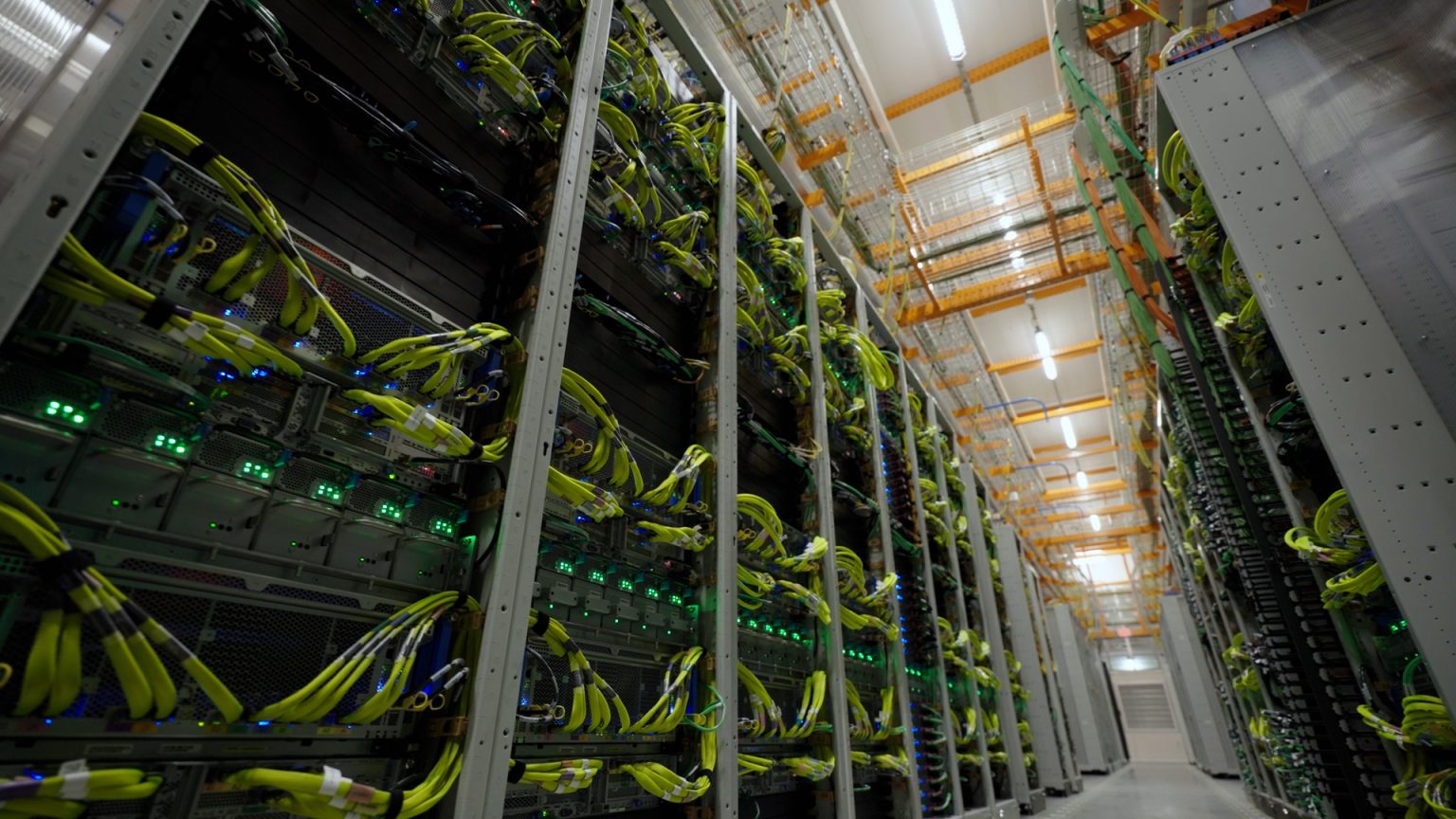Amazon Web Services CEO, Matt Garman, joined government officials and energy-sector leaders in Virginia to announce agreements for the expansion of next-generation nuclear power. U.S. Energy Secretary Jennifer Granholm shared news of $900 million in grant funding for the deployment of small modular reactors (SMRs). Amazon, Microsoft, and Google are all seeking new sources of clean power, including nuclear, to reduce carbon emissions and ensure continuous power supply for their data centers. Amazon has partnered with Energy Northwest and X-energy to fund the construction of four SMRs in Washington and has a deal with Dominion Energy to explore building SMRs in Virginia.
As data center electricity demand is expected to double in the coming years, the need for clean and reliable power sources has become more urgent. U.S. Sen. Tim Kaine noted Amazon’s position as the top energy consumer in the nation and the growing electricity demand in Virginia, a national data center hub. Granholm highlighted the importance of data centers bringing their own power to avoid raising utility rates for citizens and stressed the role of government funding and policies in supporting the expansion of clean energy deployments. The U.S. aims to promote the construction of data centers in the country for reasons such as national security.
Granholm mentioned government initiatives like the Inflation Reduction Act and tax credits that support clean energy expansion, emphasizing that the path to decarbonization is led by the private sector with government support. The DOE is hosting a meeting at Idaho National Laboratory to educate investors interested in backing SMR technology. U.S. Sen. Mark Warner credited Amazon, Google, Microsoft, and other tech companies for jumpstarting the nuclear power sector by investing in SMRs, a technology advocates have been trying to develop for years. The agreements announced at the event are seen as a significant step towards advancing nuclear power in the clean energy landscape.
The announcement of nuclear power deals by Amazon and other tech giants signals a shift towards cleaner and more sustainable energy sources for data centers. With the demand for electricity expected to rise significantly, companies are looking for innovative solutions like SMRs to meet their power needs while minimizing environmental impact. The collaboration between tech companies, government officials, and energy leaders reflects a shared commitment to promoting clean energy and reducing carbon emissions. The push for next-generation nuclear power represents a significant milestone in the transition towards a more sustainable energy future.
The potential benefits of SMRs, such as self-contained power generation and scalability, make them an attractive option for data center operators seeking reliable and clean energy sources. The partnerships forged by Amazon with energy providers like Energy Northwest and X-energy demonstrate a commitment to investing in new technologies that can help meet the growing energy demands of data centers. By exploring the possibilities of building SMRs in different regions, Amazon is contributing to the development and deployment of innovative solutions that can address the challenges of powering data centers in a sustainable and efficient manner.
Overall, the agreements announced by Amazon and the progress made in promoting next-generation nuclear power highlight the importance of collaboration between industry players, government agencies, and energy experts in driving the transition towards cleaner and more sustainable energy sources. The investments in SMRs and the focus on bringing clean energy solutions to data centers are a part of a broader effort to address the environmental impact of energy consumption while ensuring a reliable power supply for critical infrastructure. By leveraging new technologies and forging strategic partnerships, companies like Amazon are leading the way in adopting innovative solutions that can help shape a more sustainable energy future for data centers and communities alike.


